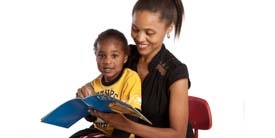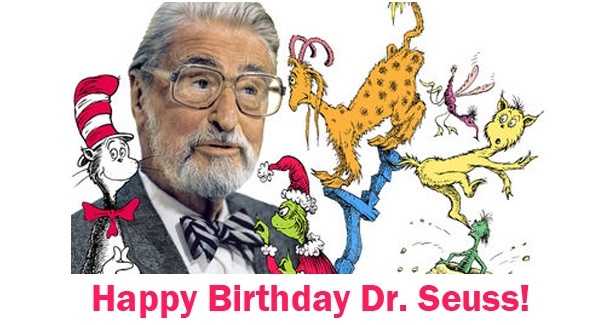Do you find yourself wondering how to make reading a book with your child more meaningful? Do you have a hard time trying to get your child to WANT to read a book? Here are eight fun and easy ways to engage your child when reading a book and increase their pre-literacy skills and language skills.
Build Preschool Language Skills While Reading to Your Child
Tags: Speech, Communication, reading, literacy, Learning, toddler, Speech therapy
Build Better Reading Skills in Your Preschooler
Kick start your child’s pre-literacy and language skills by focusing on these areas while reading books with them. Children who develop these skills at an early age are more likely to become fluent readers and better spellers than children who do not. We define these skills as phonological awareness, which is the ability to recognize, manipulate, and use the sound structure of spoken language.
Tags: Speech, Language, Communication, reading, literacy, Learning, toddler, Early Intervention
What Books Should I Choose to Read to My Toddler?
Toddlers want to feel included and competent; choose books that your child can follow along with, especially those with repetitive text so he or she can fill in words. Maintain your toddler's interest by choosing books with small amounts of text on the page and books about topics that you know are of interest.
For younger toddlers (12 to 24 months) you'll want sturdy board books with pictures (especially photos) of kids doing the things they do every day. Books about bedtime, baths, or mealtime are all good choices; so are books about saying hello or good-bye. Keep active hands busy with lift-the-flap pages and textures to feel.
How Can I Help My Child Become a Good Reader?
Learning to read can be challenging for children. Fortunately, research is now available that suggests how to give each child a good start in reading. When parents help their children learn to read, they help open the door to a new world.
May is Better Hearing & Speech Month
Did you know…
- An estimated 40 million Americans experience speech, language, and/or hearing disorders.
- The second most common reason for special education services in public schools is speech/language impairment.
- 36 million American adults report so
Tags: Speech, Hearing Aid, Audiology, Language, Hearing Aids, Communication, Hearing, reading, literacy, Hearing Loss Prevention, Teens, Support, Caregiving, Hearing Loss, Stuttering, Learning, Voice, toddler, talking, Autism
Extra Help at Home for Your Child with Speech-Language Issues
Children who have been identified with speech-language impairments have likely established nonstandard patterns of speaking or have deficits that will require extra attention and training to improve. The speech-language pathologist (SLP) working with you and your child should serve as a "coach" to provide you with activities or homework to reinforce newly established skills and to strengthen emerging skills. One or two sessions a week is not enough, and your involvement in carryover activities is crucial to your child's communication development. Talk with your SLP about activities and games you can use at home to help.
Tags: Speech, reading, literacy, Teens, Support, Learning, Voice, toddler, talking
Why Should I Read to My Toddler?
Reading aloud is an important way to help your child make the transition from infancy into their toddler years. Between the ages of 1 and 3, your child will have triumphs and challenges. Studies show that children with an active exposure to language have social and educational advantages over their peers - and reading is one of the best ways to expose your child to language.
Tags: Speech, Language, Communication, reading, literacy, Learning, toddler
Pre-Literacy Skills for Preschoolers
Children ages 3-5 are considered to be preschool-age. During this time, it is important to lay a strong foundation of language and literacy skills. Early exposure to a variety of language concepts and literacy themes can prepare your child for success in preschool and ensure they have adequate time to master skills that will help them to thrive in kindergarten.
Tags: Speech, Communication, reading, literacy, Learning
How the Wilson Reading System Can Help Your Child
The Wilson Reading System (WRS) is a multi-sensory, research-based reading and writing program. It is a complete curriculum for teaching decoding (sounding out words) and encoding (spelling), beginning with phoneme segmentation. WRS directly teaches the structure of words in the English language so that students master the coding system for reading and spelling. Unlike other programs that overwhelm the student with rules, the language system of English is presented in a systematic and cumulative manner so that it is manageable. It provides an organized, sequential system with extensive controlled text to help teachers implement a multi-sensory structured language program.
Tags: reading, literacy, Wilson Reading Program, Learning
Read Across America Day - March 2
The National Education Association (NEA) Read Across America Day is an annual reading motivation and awareness program that calls for every child in every community to celebrate reading on March 2, the birthday of beloved children's author Dr. Seuss.
Tags: Speech, Language, Communication, reading, literacy, Wilson Reading Program, Learning

















